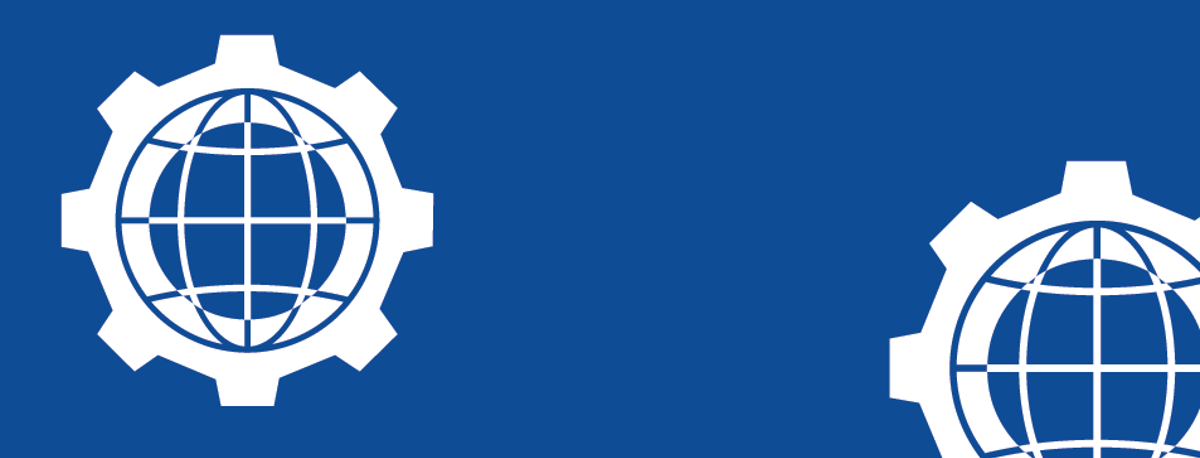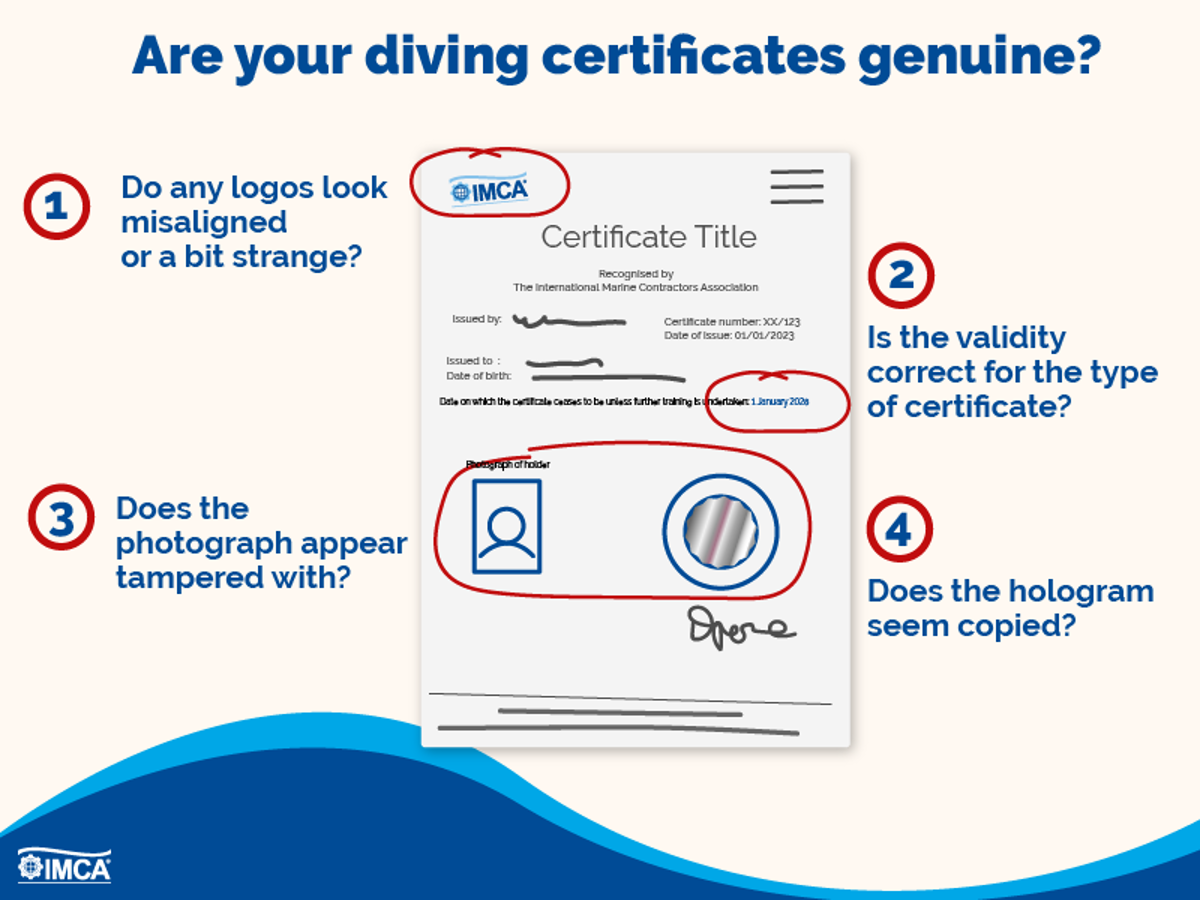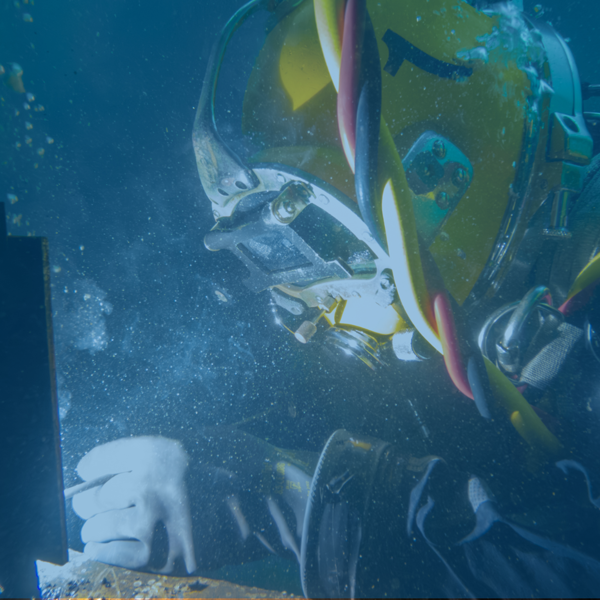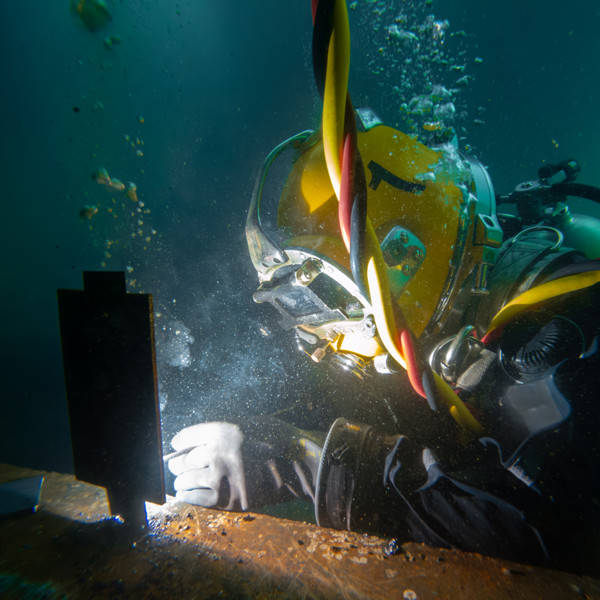As part of an IMCA diving contractor membership application, applicant companies are required to provide evidence that they can assemble an IMCA compliant dive team to conduct their diving projects safely and efficiently. While reviewing a recent application, IMCA diving technical advisers uncovered a number of forged UK HSE diving certificates, IMCA DMT certificates, and CSWIP 3.1U certificates.
The forgery of training certificates is of course very likely to increase the risk of serious adverse events in many industries, but in a high risk industry such as ours, the discovery of several forged training certificates within a short period of time is particularly concerning.







Login / register to join the discussion
Comments
There are no comments for this article.